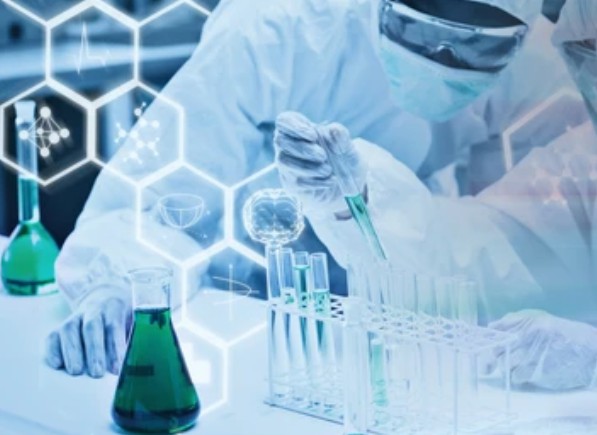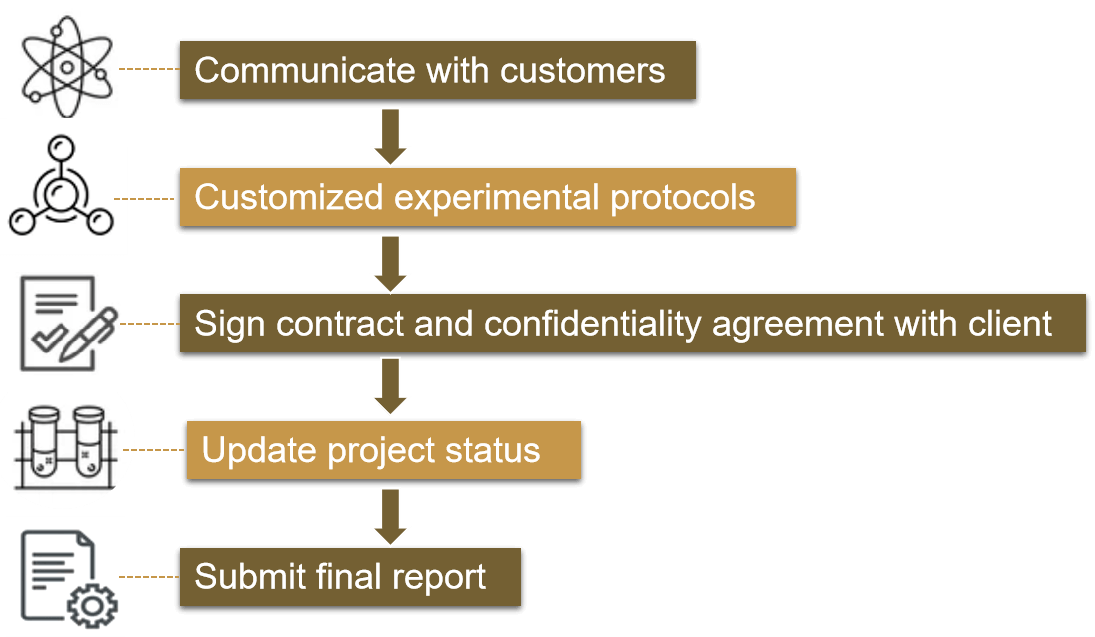With the rapid development of synthetic biology in agriculture, its potential to increase agricultural productivity, improve crops, reduce production costs, and achieve sustainable development is becoming increasingly evident. In particular, the ability to modify plant photosynthesis to increase agricultural yields, use microbial or metabolic engineering to reduce fertilizer use, and reshape metabolic pathways to improve crops will greatly break through traditional agricultural bottlenecks and lead to breakthrough growth in agricultural productivity and nutrition and achieve a "second green revolution" in agriculture.
Lifeasible specializes in agricultural science research services and advances synthetic biology research in agriculture by providing advanced technological approaches and developing effective solutions. Our goal is to help researchers worldwide explore the uncharted territory of synthetic biology in agriculture and explore new directions in an agricultural synthesis that can be used to generate greater economic value.

DNA synthesis and assembly are key technology in the "building phase" of agricultural synthetic biology. Traditional PCR techniques can synthesize known DNA sequences, but if the DNA sequence to be synthesized is unknown or does not exist in nature, DNA synthesis from scratch, is oligonucleotide synthesis. After obtaining DNA fragments, they need to be assembled. Common in vitro assembly methods includes overlap-directed assembly, site-specific recombination using phage integration, and restriction nuclease-based strategies. In vivo assembly methods include homologous recombination methods mediated by the λ-Red recombinase system and site-specific recombination methods mediated by Cre/loxP (e.g., TGS Ⅱ system) and Flp/Frt.
Gene editing is an important tool for gene function analysis and crop improvement. The development of gene editing technologies has facilitated efficient genome editing and characterization of gene functions. The technologies we have applied to plant gene editing include ZFN system, TALEN system, CRISPR)/CRISPR-associated protein (Cas) system, and RNAi technology.
The development of technologies for genetic transformation and cell regeneration in plants is crucial to the development of synthetic biology in agriculture as a whole. In the "test phase" of synthetic biology, synthetic genetic circuits can be transferred into chassis plants by various methods, including nuclear genomic, genetic transformation, transient transformation, and chloroplast genetic transformation.

Lifeasible keeps up with the development of synthetic biology in agriculture and research hotspots. Our skilled scientists and experts are dedicated to exploring and optimizing the technical methods of synthetic biology in agriculture, aiming to provide a one-stop service with high quality, high efficiency, and standards while we offer various analytical solutions to meet the research needs of our clients for different projects. If you are interested in us, please feel free to contact us.
Lifeasible has established a one-stop service platform for plants. In addition to obtaining customized solutions for plant genetic engineering, customers can also conduct follow-up analysis and research on plants through our analysis platform. The analytical services we provide include but are not limited to the following:
STU-CRISPR System Improves Plant Genome Editing Efficiency
April 19, 2024
Application of Exosomes in Facial Beauty
April 12, 2024